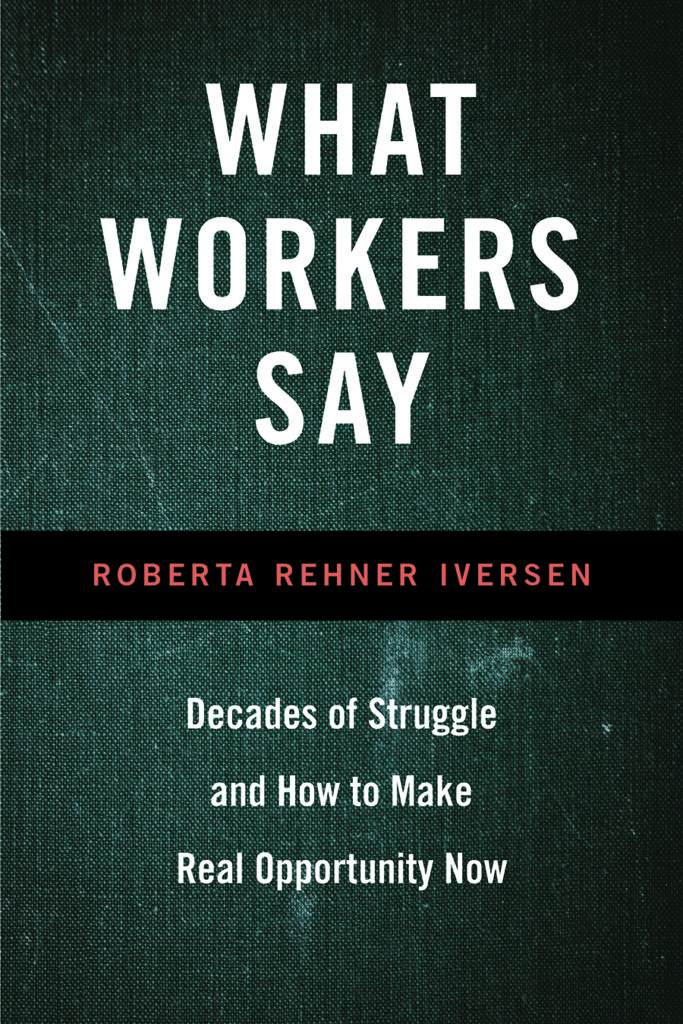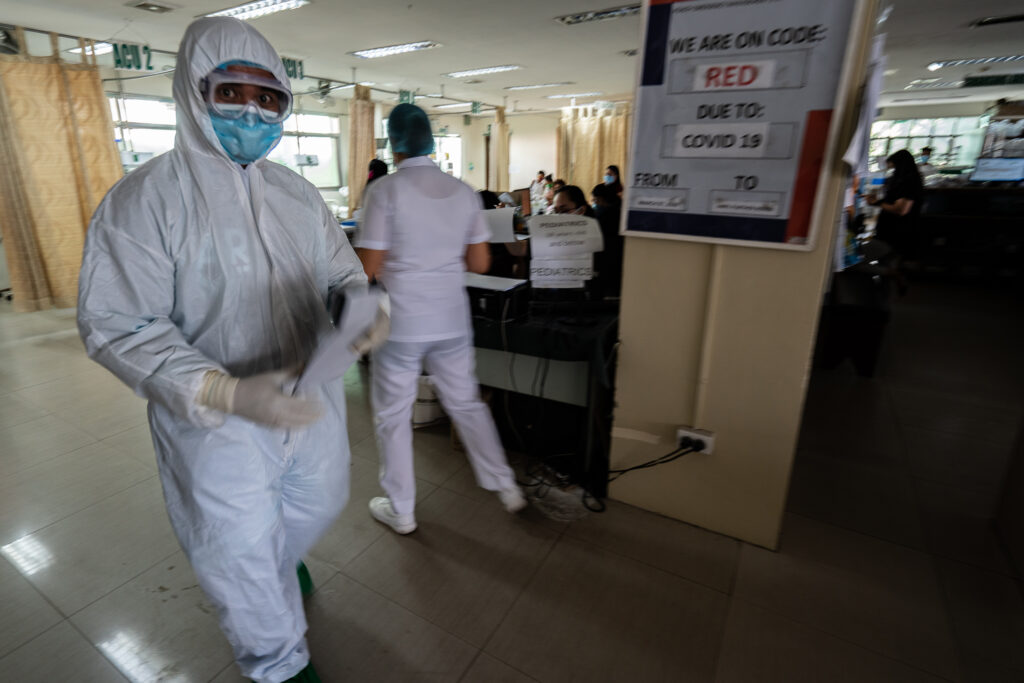
Multidisciplinary science promises more innovation as it addresses larger problems that may go beyond the confines of narrow disciplines. But what consequences have multidisciplinarity for scientists who seek to advance their career in a discipline-dominated system of public science?
Our research, published in Organization Science, shows that multidisciplinary academics are at a disadvantage when they are evaluated by their peers and enter contests, such as attaining institutional positions, that are critical to their career. What’s even more striking is that the better their scientific track record, the more penalized they are.
Particularly the latter result is surprising when considering previous research on the topic. Received sociological wisdom on the categorical imperative would suggest that individuals who do not fit neatly with a category, like a discipline, are discriminated against because evaluators find them confusing and suspect them of being less skilled and reliable. Applied to our context, multidisciplinary scientists would be hard to judge by their peers and be seen as less accomplished. This would mean that evidence of past academic performance should go a long way toward assuaging evaluators’ concerns.
Continue Reading…








